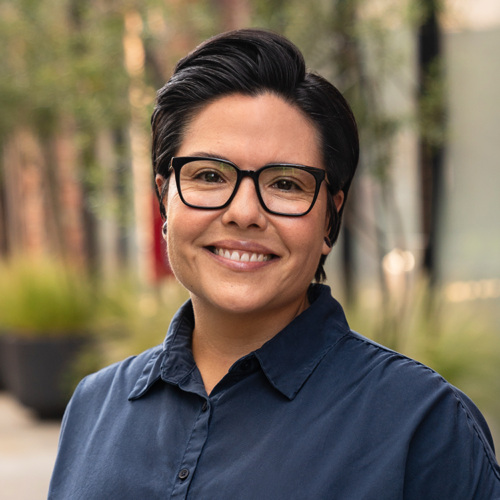
Priscilla Martinez-Matyszczyk, MPhil, PhD
Deputy Scientific Director, Study Director,
Alcohol Research Group
National Alcohol Research Center
Deputy Scientific Director, Study Director,
Alcohol Research Group
National Alcohol Research Center
Priscilla Martinez-Matyszczyk is Deputy Scientific Director of the Alcohol Research Group and Study Director of the National Alcohol Survey. She conducts complex alcohol-related, health-focused research projects funded by the U.S. National Institutes of Health’s National Institute on Alcohol Abuse and Alcoholism and other funders. Her transdisciplinary research explores relationships between alcohol and drug use, physiological functioning, and common physical and mental health outcomes to understand and reduce alcohol-related health inequities in the US. Her research also investigates levels of awareness of alcohol’s harms in the general population, particularly awareness of the breast cancer risk from alcohol use among women, and health messaging to increase awareness of alcohol’s health harms. She has a strong commitment to the development of trainees and junior scientists from all backgrounds to improve the reach and impact of the substance use research workforce.
Dr. Martinez-Matyszczyk received her PhD in Epidemiology and MPhil in International Community Health from the University of Oslo in Norway, and her BA in Biochemistry from Mills College. She is a standing member of the Epidemiology, Prevention, and Behavior Research Study Section at the National Institute of Alcohol Abuse and Alcoholism, and is on the editorial board of the Journal of Studies on Alcohol and Drugs.
You change the world. We do the rest. Explore fiscal sponsorship at PHI.
Together, we can accelerate our response to public health’s most critical issues.
Begin your career at the Public Health Institute.
Communities across the U.S. and around the world are grappling with dangerous wildfires and extreme heat. Explore PHI's resources, tools, programs and impacts to help protect your community—with a focus on ways to reach systemically excluded groups with key resources and information, and invest in transformative solutions to promote safety, equity and resiliency.
